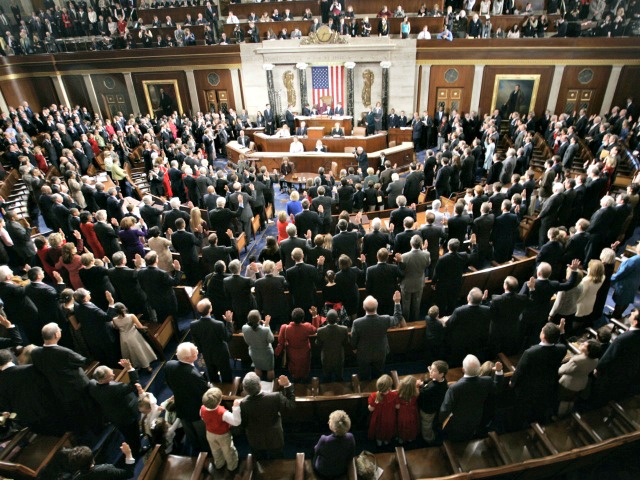The emerging consensus among pundits is that the odd progressive-conservative alliance that led opposition to the $1.1 trillion “cromnibus” spending bill is a sign that the “establishment” wings of both parties will soon find common cause against their respective ideological bases. However, the cromnibus fight presented a unique set of circumstances that is not likely to be repeated as the lame duck Congress performed its last dubious services.
Specifically, Republicans had campaigned in 2014 on a specific pledge not to shut down the government. There are countless examples of Republican candidates making that specific pledge, as well as party leaders–even if a few Republicans in safe seats, or not up for re-election, did not. As much as the results of the 2014 midterms are a mandate to stop President Barack Obama’s agenda, they are also a constraint on the methods used to do so.
Republicans knew that. So did Democrats, which is why Sen. Elizabeth Warren of Massachusetts, who had once excoriated Republicans for promoting “anarchy” by threatening a shutdown, adopted the same tactics this time. She knew that a shutdown was a remote possibility, and therefore that the cromnibus fight provided a cost-free way to boost her national profile as the most likely presidential challenger to the left of Hillary Clinton in 2016.
Yet the progressive-conservative alliance will not survive into the new Congress, for the simple reason that there are too few Democrats to sustain it. There are also few remaining issues upon which the two ideological wings of each party can agree. And finally, Republicans are aware that in addition to stopping Obama, they face a crucial test of governance over the next two years. That will be a powerful incentive for GOP unity, however grudging.
Senior Editor-at-Large Joel B. Pollak edits Breitbart California and is the author of the new ebook, Wacko Birds: The Fall (and Rise) of the Tea Party, available for Amazon Kindle.
Follow Joel on Twitter: @joelpollak

COMMENTS
Please let us know if you're having issues with commenting.